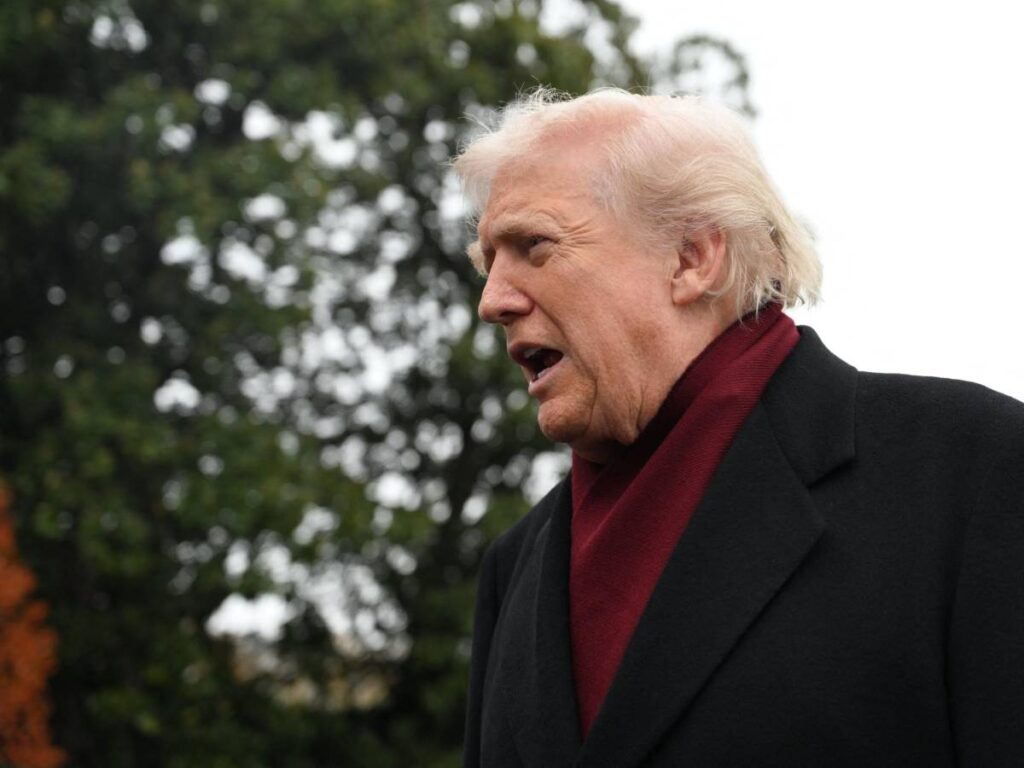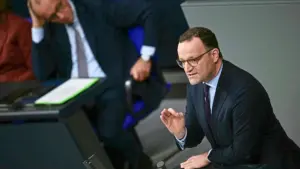
The first version of the peace plan for Ukraine drew criticism not only from European countries but also from the United States in the republican world. In particular, what gave rise to real clashes and much chaos was a statement issued by Republican Senator Mike Rounds stating that Secretary of State Marco Rubio, during a phone call with a bipartisan group of US lawmakers present at the Halifax International Security Forum, had distanced himself from the plan, and described it as a Russian initiative. Rounds said “that’s not our recommendation, that’s not our peace plan,” and added that Rubio described it as “an opportunity to accept” a proposal that would allow other parties to respond. His words have also sparked a lot of controversy in connection with plans accused of making excessive concessions to Russia. However, yesterday came a rebuttal from Marco Rubio who insisted that it was America who drafted the 28-point peace proposal, while US State Department spokesman Tommy Pigott called accusations that the document was created by Russia “patently false”: “The peace proposal was created by the United States. It is proposed as a strong frame of reference for the ongoing negotiations. It is based on the contribution of the Russian side. But it is also based on previous and current contributions from the Russian side. Ukraine.” But Ukrainian officials deny that Kiev is contributing to the implementation of the established plans.
While peace conditions were being discussed yesterday in Geneva, controversy flared up in the United States not only between the Democratic and Republican parties but also among the American right wing. If among the neoconservative components, criticism of conditions deemed too accommodating towards Russia was predictable, then the debate sparked in the Maga world was less obvious.
Among those criticizing the plan was Republican Senator Roger Wicker, chairman of the Senate Armed Services Committee, who issued a sharp rebuke to the administration over what he called a peace plan. According to Wicker: “This peace plan has real problems and I am very skeptical that it will bring peace. Ukraine should not be forced to cede territory to one of the world’s most flagrant war criminals, Vladimir Putin.” Former House Speaker Newt Gingrich, one of the country’s most influential conservative commentators, criticized the plan as a “surrender agreement” that was an American “betrayal” and urged Ukraine “not to accept it.”
Senator Lindsey Graham, a Republican and hardliner on national security, offered a more measured but critical response: “While there are many good ideas in the proposed peace plan between Russia and Ukraine, there are several aspects that are deeply problematic and could be improved – adding that – the goal of any peace agreement is to end the war in an honorable and just manner, and not create new conflicts.”
However, there is no shortage of important voices in the Maga movement who support closing the agreement with Russia even under the conditions presented in the document to end the war, including Steve Bannon, Jack Posobiec and George Papadopoulos who spoke about it at the War Room event and, from their point of view, Kiev “cannot afford to continue
to go to war”. In general, the point of failure seems to have been accepting the overall structure of the plan to achieve the end of the war, while changing some points that were deemed too favorable to Russia.





